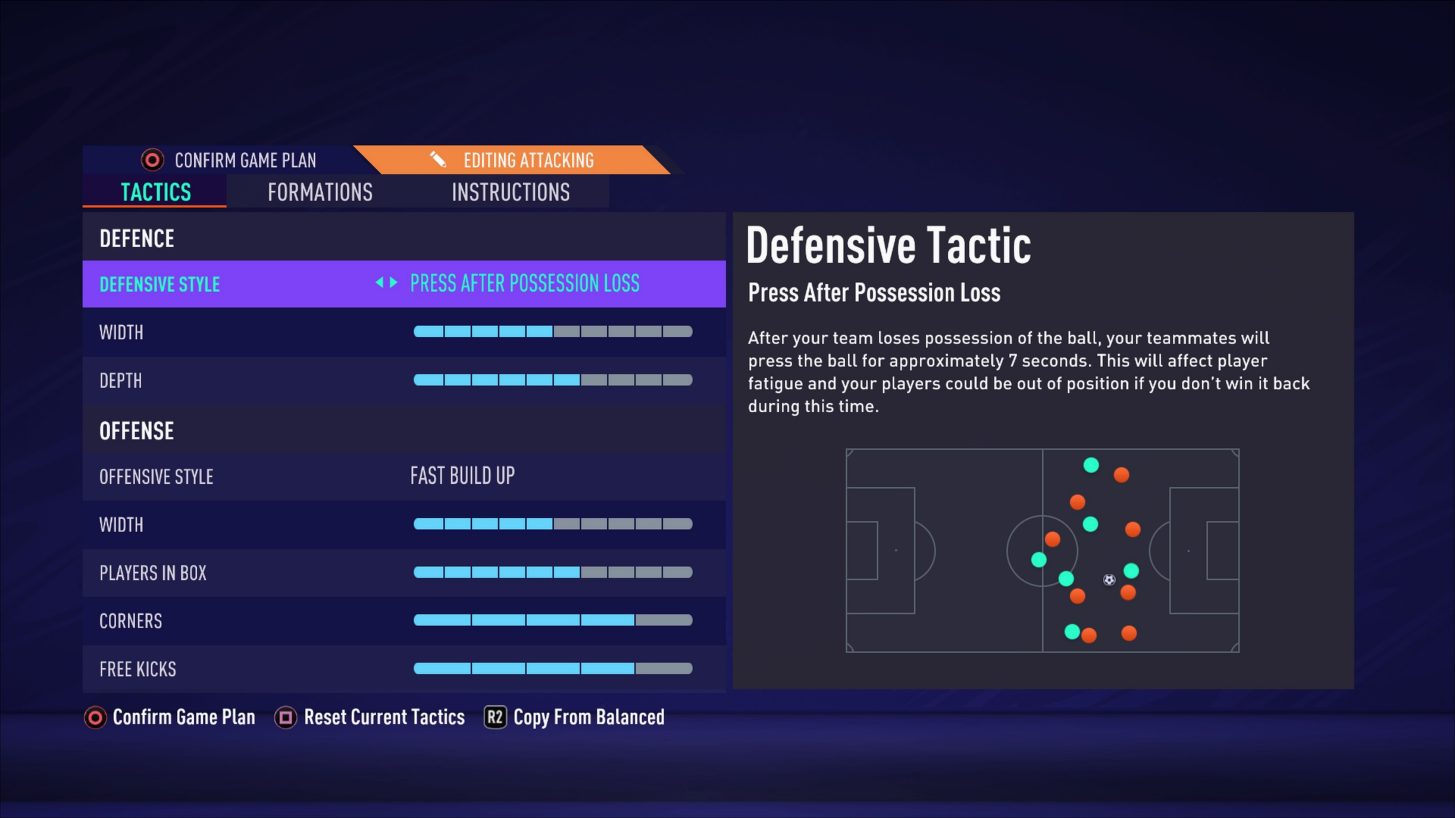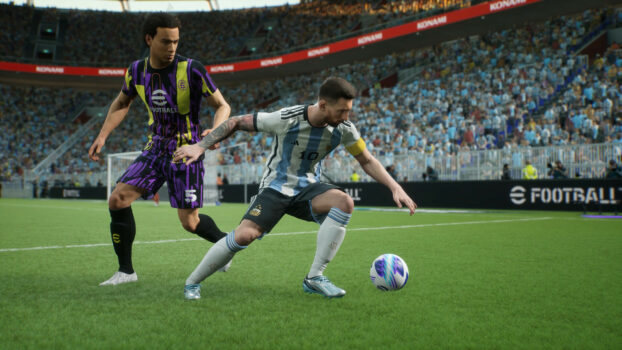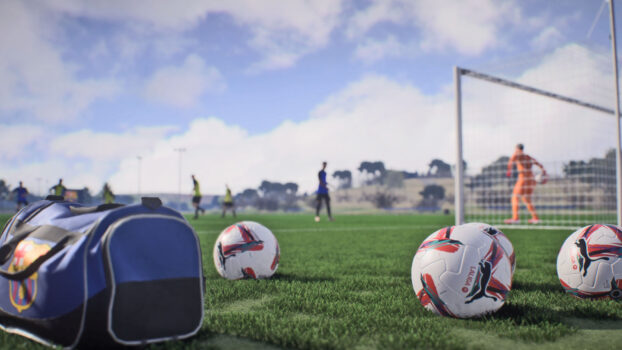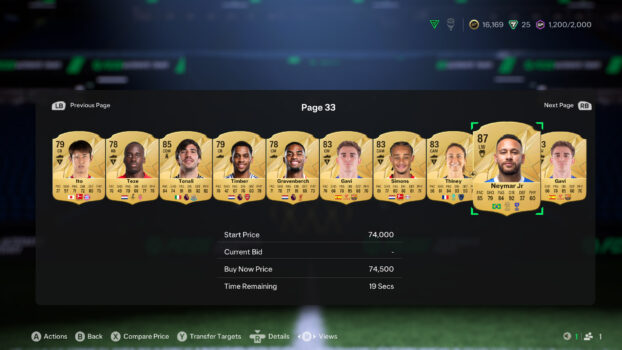If you have ever spent hours building your Ultimate Team, trying to survive in eFootball’s divisions, or working your way through ten seasons in Football Manager, someone has probably told you you are wasting your time. But there is more going on than just entertainment. Football games are surprisingly good at sharpening your understanding of how the sport really works.
You are not just playing for fun. You are thinking tactically, analyzing opponents, and learning to make smarter decisions. Platforms among the top betting sites without GamStop often attract players who already think tactically for this exact reason, especially those who come from a background of strategic gaming.
Let us break it down.
You Start Seeing the Game Like a Coach
The first thing most gamers learn, especially in EAFC or eFootball, is that success rarely comes from just pressing buttons faster than your opponent. To consistently win, you need to think. You start experimenting with different formations, adjusting player instructions, and reading how your opponent plays. Over time, this becomes second nature.

When you start applying that thinking to real matches, something clicks. You are no longer just watching for goals and fouls. You start noticing why a team is dominating possession, how a midfield duo is shutting down passing lanes, or why a fullback is being repeatedly targeted. You understand the decisions behind a formation change or a substitution, and you begin to predict how it will affect the flow of the match.
You do not need to be in a dugout with a clipboard to think like a coach. Football games do a surprisingly good job of teaching you to think tactically, and once you develop that mindset, it sticks.
Pattern Recognition Becomes a Skill
Anyone who has spent time in Football Manager knows how easy it is to get lost in stats. But that is also the point. You learn how to scan through numbers, compare players, and make decisions based on form, potential, match fitness, and more.
That habit of reading and reacting to data quickly becomes second nature. In EAFC, you do it when deciding who to start based on sharpness and stamina. In eFootball, you assess player familiarity and team roles. These are not just video game mechanics. They are simplified versions of the same kind of data used in real-world analysis.

So when you start noticing that a striker always performs well against certain teams, or that a specific formation consistently creates more chances, you are not just guessing. You are recognizing patterns. Football games train your brain to notice trends, evaluate them, and act on them.
That kind of thinking turns you from a casual observer into someone who understands the game on a much deeper level.
Emotional Control Becomes Second Nature
If you have ever played a Weekend League or spent hours grinding a promotion in divisions, you already know how emotional things can get. A last-minute goal can ruin your entire mood. A lucky rebound going against you can spark instant frustration. But the longer you play, the more you learn to manage those emotions.

This is not about becoming a robot. It is about knowing when to pause, when to take a break, and how to stay focused even when things go wrong. In many ways, it is the same kind of emotional discipline real athletes need. If you tilt after every bad result, you never improve. If you learn to reset and keep a cool head, you give yourself a better chance every time.
This mental strength, developed in front of a screen, can change how you engage with real football. You are less likely to get carried away by hype. You start looking at matches more objectively. You develop patience. These are small things, but they add up.
You Develop a Feel for Momentum and Game Flow
In EAFC, when your players start feeling sluggish and the opponent suddenly seems faster and sharper, you know the momentum has shifted. It is not just a game mechanic. It mirrors how things work in actual football.
You start to recognize when a team is losing control of a match. You notice when a midfield is getting overrun or when a winger is finding more space than usual. These are not just lucky moments. They are often the result of small tactical or physical shifts that you become more attuned to as a gamer.

Watching a match after years of gaming feels different. You anticipate things better. You feel when a goal is coming or when a substitution is about to change everything. You understand that football is not just about isolated events, but about rhythm, timing, and flow. And that gives you an edge in understanding what is really going on.
Risk Management Becomes Part of Your Thinking
Every football game teaches you how to make decisions under pressure. Do you push for a winner or settle for a draw? Do you switch to an aggressive tactic or stay compact and organized? These choices teach you about balancing risk and reward.
Over time, you learn that not every opportunity is worth taking. You start to understand that sometimes the best move is to do nothing at all. In Football Manager, going all-in with a high-press tactic might leave you exposed at the back. In EAFC, committing too many players forward can cost you on the counter. These experiences build your instinct for risk assessment.
This mindset shapes how you view real football as well. You see why a manager might not start an injured player. You understand why a team sits back despite being behind. You see the bigger picture and stop questioning every cautious move.
Long-Term Thinking Gets Built Into Your Approach
Football games often reward consistency more than short bursts of brilliance. You might have one amazing match, but if your squad is poorly managed or if you chase short-term gains, you will burn out or get stuck.
Career Mode and Ultimate Team grinds teach you the value of planning. You learn how to invest in the right players, when to sell, when to save resources, and when to take calculated risks. You begin to think like a manager overseeing a season, not just a match.

This kind of long-term thinking changes how you interpret real football too. You understand squad rotation. You notice how young players are being slowly introduced. You stop overreacting to one bad performance. It becomes about the full campaign, not just the headlines.
You Build Real Football Knowledge Without Even Trying
Perhaps the most underrated part of playing football video games is how much real knowledge you absorb without even realizing it. You learn players’ names, clubs, positions, and even tactics just by playing. Before you know it, you know the depth chart of a mid-table La Liga team or the strengths of a rising talent in Ligue 1.
Games expose you to different leagues, styles of play, and football cultures. You become more globally aware of the sport. And when you watch matches from different countries, you are not lost. You recognize players. You understand systems. You see the sport as one big ecosystem instead of just your favorite club.

Think It’s Just a Game? Think Again
Football video games are not just about competition, career modes, or flashy goals. They are also quiet teachers. They shape how you think, how you react, and how you understand the sport. They train you to see things from a broader perspective and give you tools that go way beyond the screen.
You do not need to play professionally or stream on Twitch to get something out of it. Just by playing, paying attention, and improving over time, you are learning. You are building football IQ, emotional control, and a strategic mindset that carries over into how you watch and talk about the game in real life.
So no, playing EAFC or Football Manager is not a waste of time. If anything, it might be one of the best ways to understand football without ever kicking a ball yourself.
 FIFA Infinity The Absolute FIFA Site
FIFA Infinity The Absolute FIFA Site




